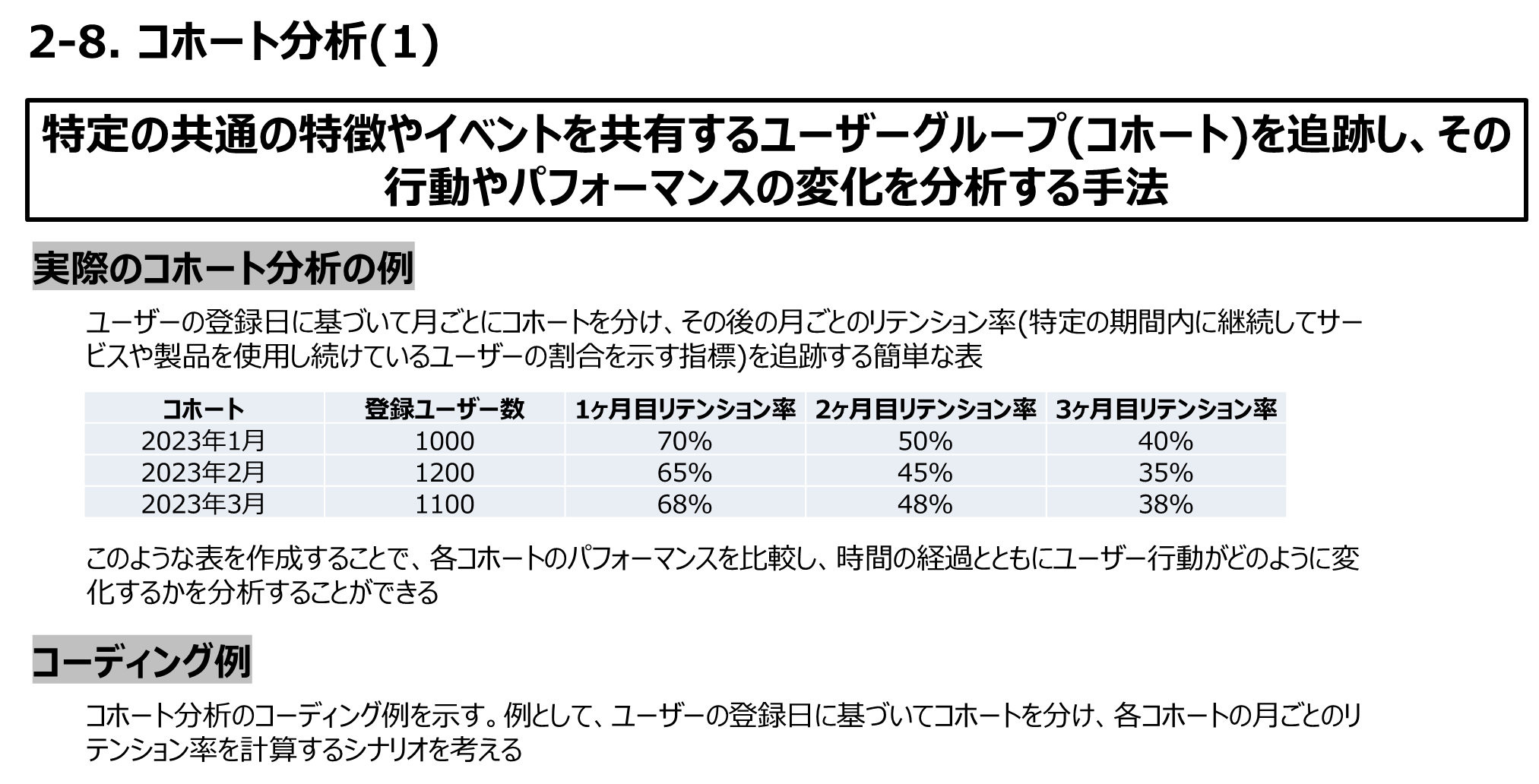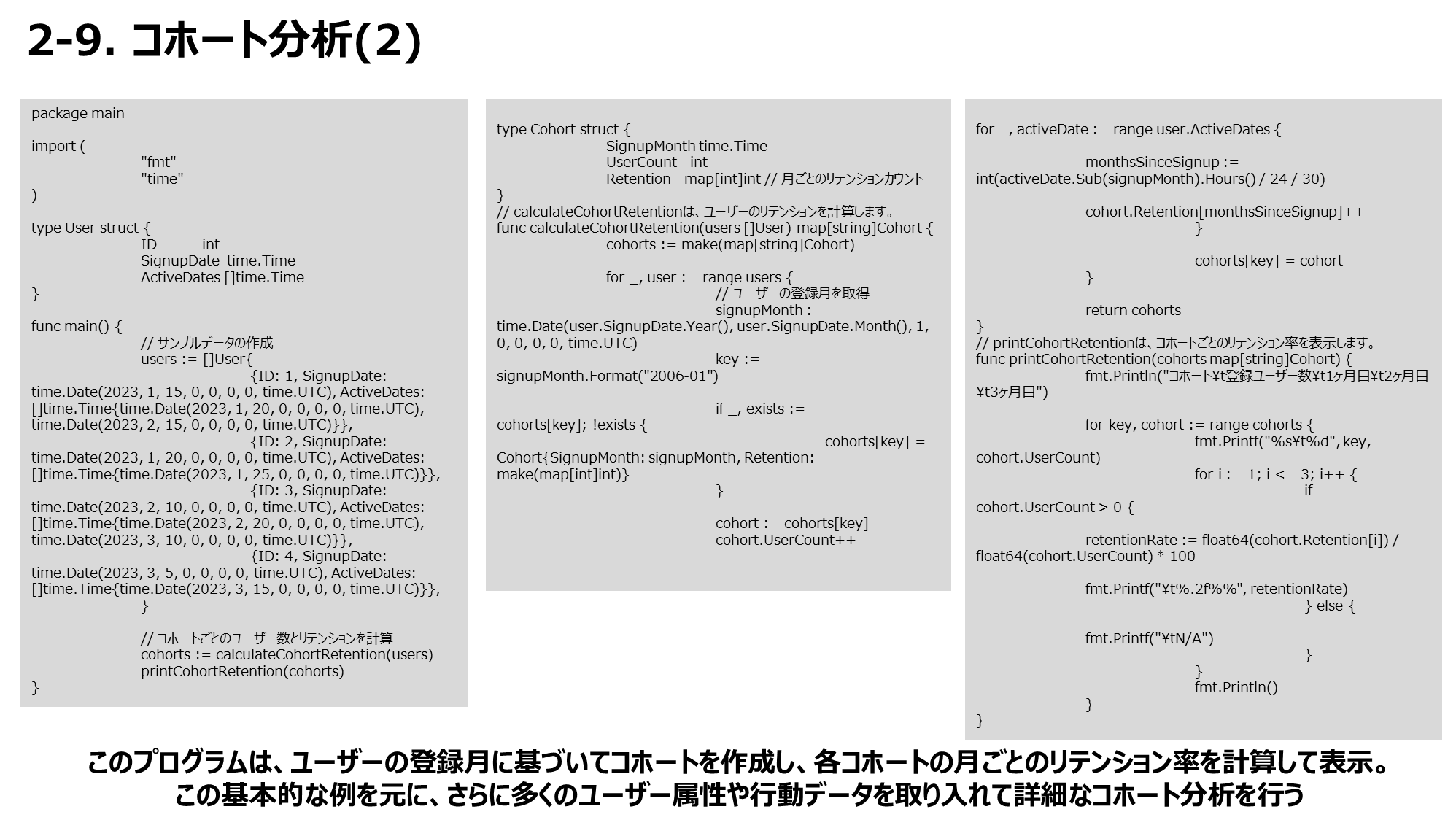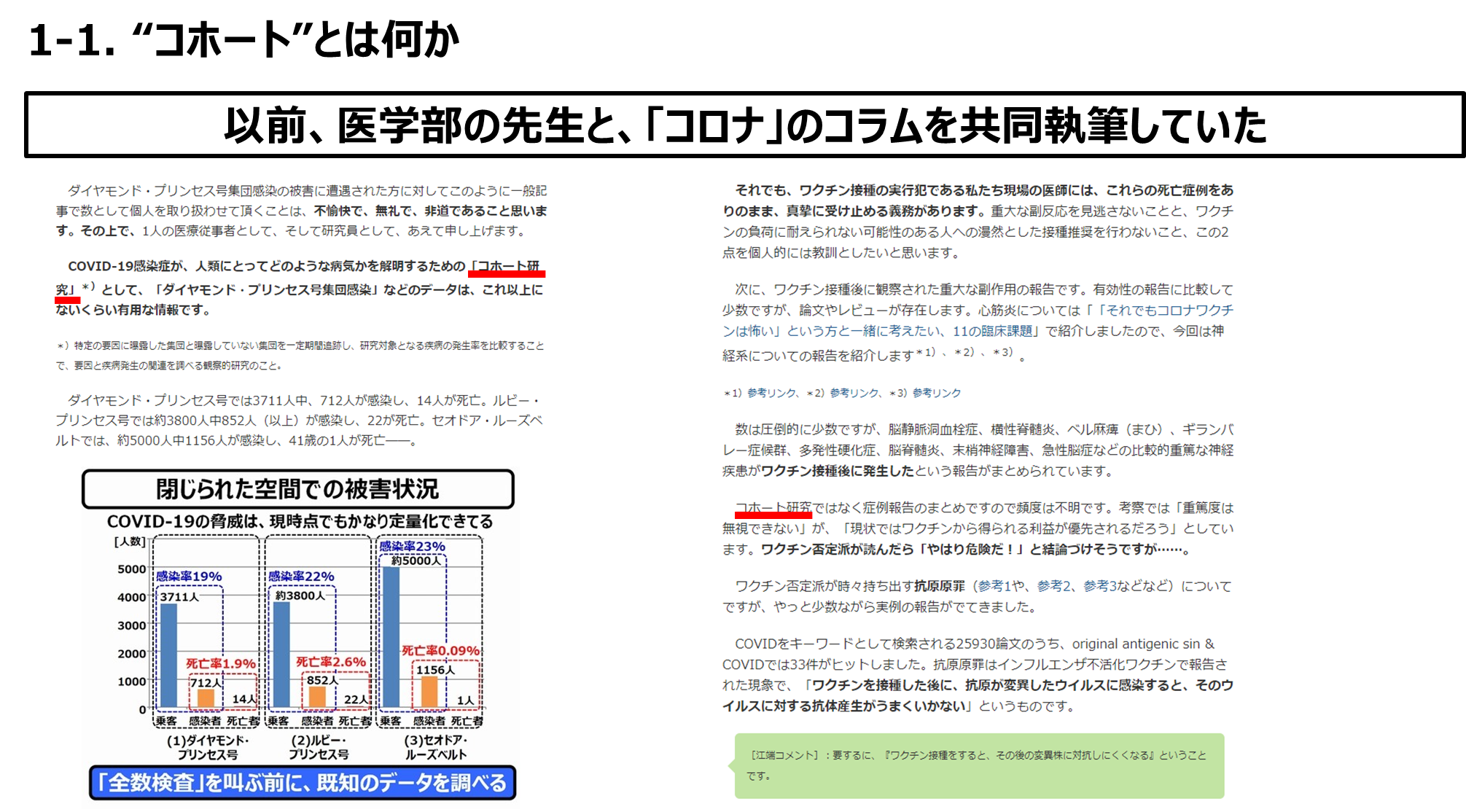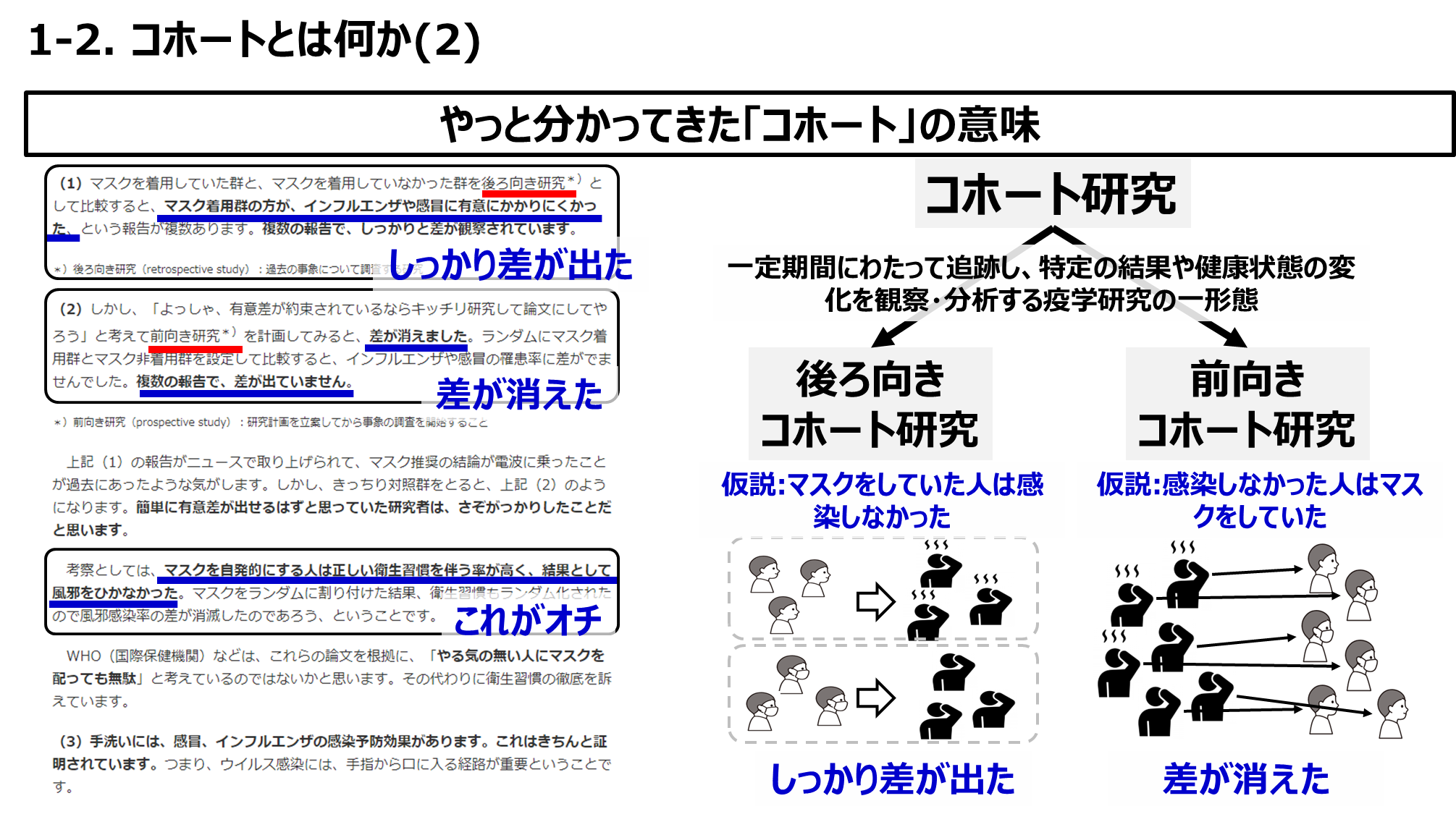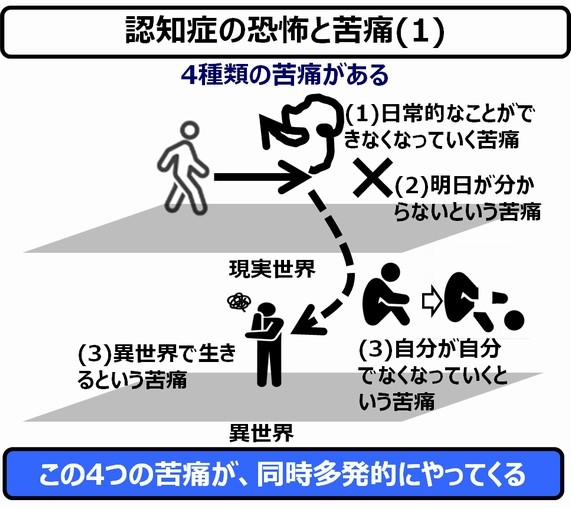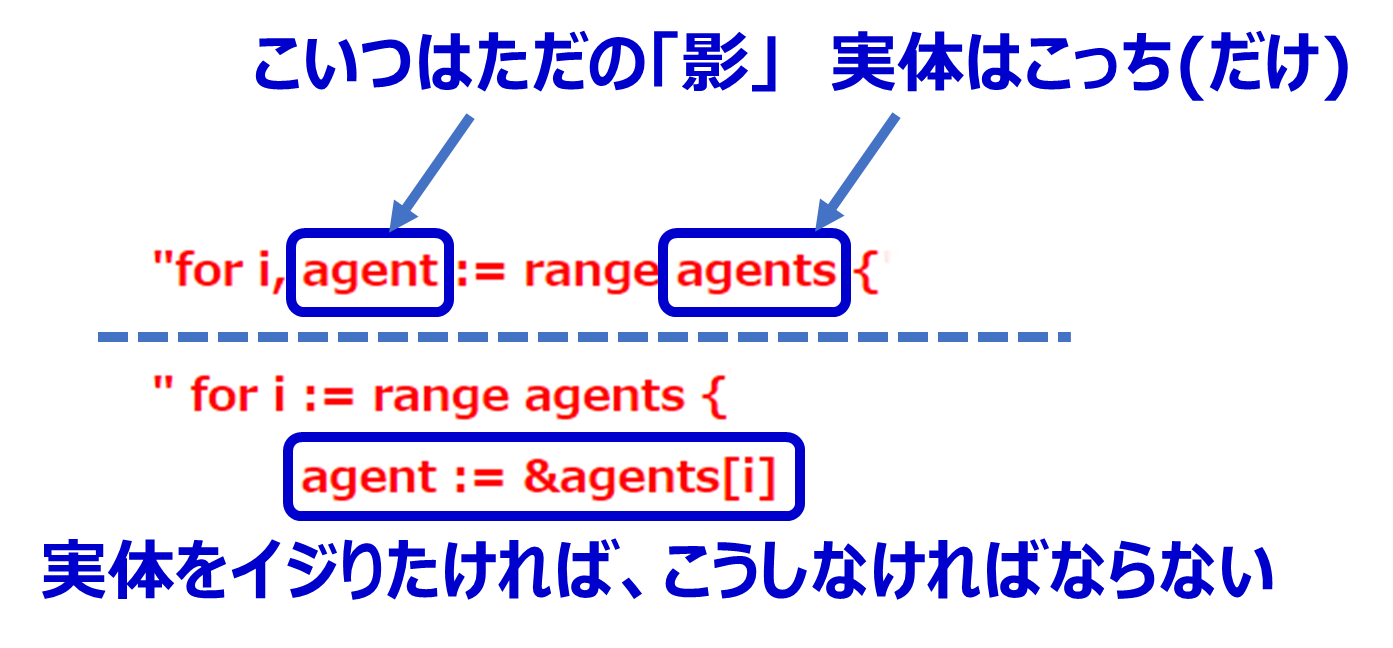私の勤務している会社では「ドレスコードフリー」という制度が始まっています。
My company has started a "dress code free" system.
不思議なのは「ドレスコードフリー」に『ドレスコードフリーのルールが詳細に規定されている』ことですが ―― これについて、私はこれ以上言及しません。
What is curious is that 'dress code free' has 'dress code free rules stipulated in detail' -- I will not mention this any further.
私は、サラリーマン(会社の犬)です。
I am a businessman (company dog).
-----
最近、次女の就職活動に目処が立ったようです。
Recently, my second daughter seems to be on the verge of finding a job.
この活動中、彼女から『就職面接にパンプスをはいていかねばならない』と言われ、私は、何度から自動車で駅までの送迎を行いました。
During this activity, she told me, 'I have to wear pumps to a job interview,' I drove her to and from the station by car on several occasions.
当然、私は、この送迎に協力をしました。
Naturally, I cooperated with this transportation.
なぜなら、私は「パンプス」というのは「女性への拷問道具の一つ」で「女性虐待の分かりやすい象徴」であると信じており、また、「パンプス=拷問道具」とは、江端家の共通認識だと信じているからです。
Because I believe that "pumps" are "one of the tools of torture for women" and "a clear symbol of female abuse," and I also believe that "pumps = torture tool" is a common perception of the Ebata family.
ところが、嗤ってしまうことに、その面接する会社が『面接のドレスフリー』を唄っている、という点です。
However, what makes me laugh is that the interviewing company claims to be "interview dress-free.
-----
「面接のドレスコードフリー」をどれだけ高らかに唄っても無駄です。
No matter how loudly companies sing "interview dress code free," it's useless.
なぜなら、面接を受ける側(学生)は、常に弱い立場だからです。
Because the interviewee (student) is always vulnerable.
ならば学生たちにとっての「ドレスコードフリー」が、もっとも無難なドレスコード(背広、ネクタイ、スーツ、パンプス)の方向に流れるのは当たり前です。
Unsurprisingly, the "dress code free" for students flows in the direction of the safest dress code (suits, ties, suits, pumps).
その結果、クローンのような姿で見分けのつかない学生たちが、面接会場や就職説明会に集まるわけです。
As a result, students who look like clones and are indistinguishable from each other gather in interview rooms and job fairs.
―― 「ドレスコードフリー」が笑わせる
-- "Dress code free" makes me laugh.
と思っている、この私ですらドレスコードを気にします
I think that, however, I care about the dress
『顧客の「ドレスコードフリー」を信じた結果、顧客案件を失注した』 ―― などということになったら、悪夢以外の何者でもありません。
It would be nothing short of a nightmare if I lost a client project due to believing in a "dress code free" policy.
会社の幹部から『顧客の「ドレスコードフリー」を真面目に受けるとるとは、お前はバカか!』――とは言われないでしょうが、しかし、"その通り"の理由で、私は譴責処分を受けることになるでしょう。
My company executives will never say, "You are an idiot for taking a customer's 'dress code free' seriously!" however -- I will be reprimanded for "exactly" that reason.
-----
この問題の解決策は簡単です。「ドレスコードを具体的に例示する」だけです。
The solution to this problem is simple. "give specific examples of the dress code.
例えば、私は、父と母の納骨供養を開催する時に「ドレスコードフリー」を宣言しました。
For example, I declared a "dress code free" when holding a memorial service for my father and mother.
で、ここで重要なのは、ホスト(主催者)である「この私自身」が、
The important thing here is that the host (organizer) "myself" will be there,
『ご都合がよろしければ、平服にて御気軽にお立ち寄りをご検討頂ければ幸いです(私(智一)は、ジーパンとスニーカーと数珠持参で参加予定です)。』
"I (Tomoichi) will be there with jeans, sneakers, and prayer beads."
と、自分のドレスコードを開示し、実際に『ジーパンとスニーカーと数珠で、ホストを努めた』という点にあります。
I disclosed my dress code and hosted the event wearing jeans, sneakers, and prayer beads.
-----
就職面接を実施する企業は、写真でも、イラストでも、あるいは動画(YouTube)でも構いませんので、面接の様子を開示すれば、それで足りるはずです。
It should be sufficient if the company conducting the job interview discloses the interview, whether by photo, illustration, or video (YouTube).
私たちは、「ドレスコードフリー」が欲しいのではありません。
We do not want a "dress code free."
逆です。「ドレスコードの内容を、視認できる態様で開示して欲しい」だけなのです。
It is the opposite. We want to make companies disclose the dress code's content visibly.
しかし、たったこれだけのことが、日本の企業にはできない ―― なぜなら、このような開示は、企業イメージに直結し、下手を打てばネットで炎上、就職希望者激減というリスクがあるからです。
However, Japanese companies cannot do this much. Such disclosure is directly related to the company's image, and if done poorly, it risks an Internet firestorm and a sharp drop in job applicants.
で結果として、この「ドレスコードフリー」を"宣言するだけ"の会社がゴロゴロ出てきている訳です(ごく一部に、写真を開示している会社もありましたが)。
As a result, many companies "only" declare their "dress code free" (although a few disclose their photos).
-----
つまるところ、この話は、
The bottom line is
―― 『ドレスコードフリー』を真面目にやるつもりがあるなら、『ドレスコードフィックス』をして、それを開示すべきである
"If you are serious about being "dress code free," you should have a "dress code fix" and disclose it."
という、なかなかに皮肉な結論に至る訳です。
that is, instead, an ironic conclusion.
